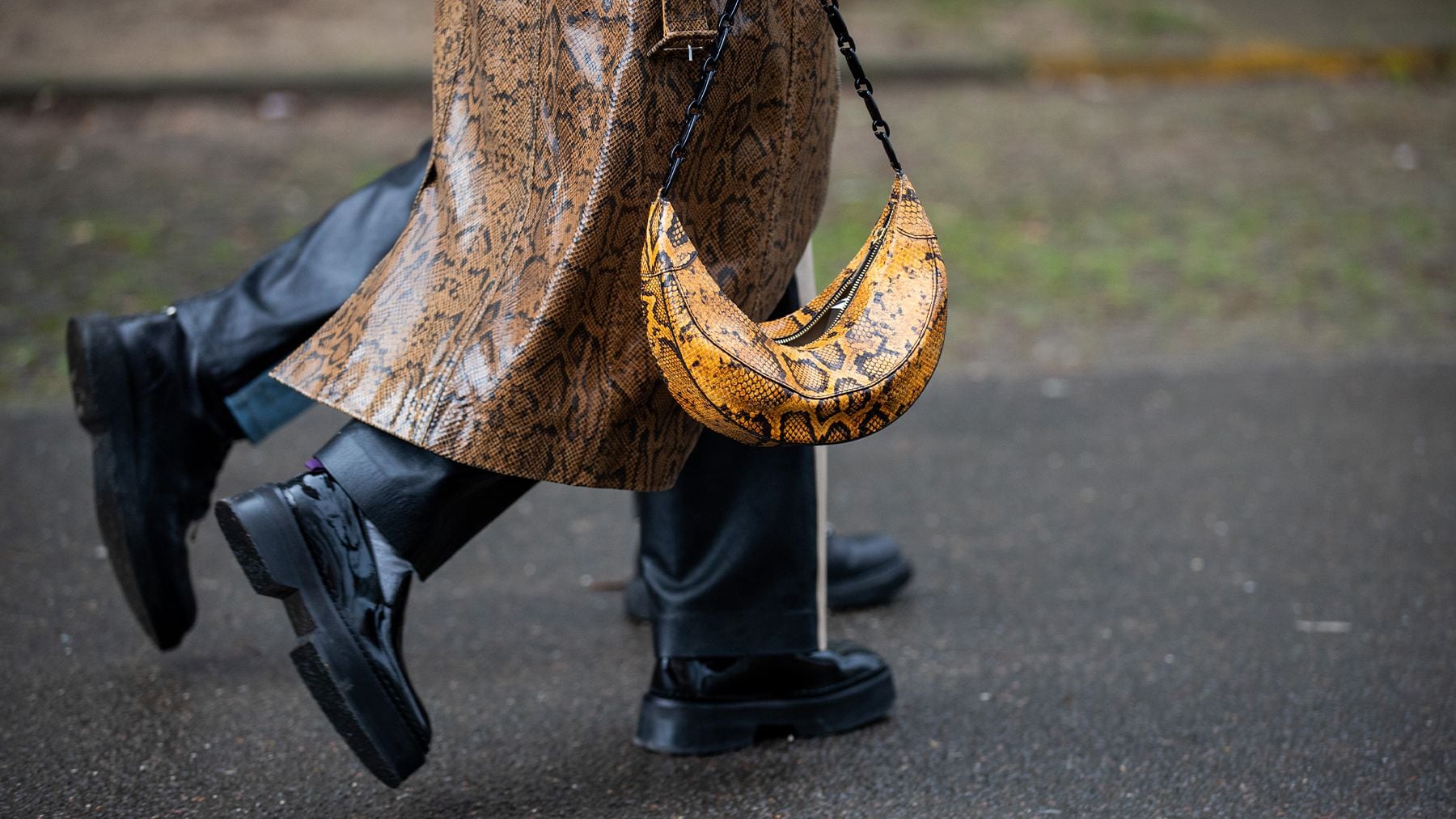
Copenhagen Fashion Week will ban collections containing exotic skins or feathers from its runways from next year, becoming the highest profile event on the fashion calendar to take a stance against the increasingly controversial materials.
Over the last few years, brands including Chanel and Burberry and regional fashion weeks like Melbourne, Helsinki and Stockholm have introduced similar prohibitions. But alligator handbags and python heels still don’t carry the same taboo as fur, which has been ditched by a much broader array of brands and event organisers.
Copenhagen’s move is part of a broader toughening of sustainability standards for brands participating in the city’s fashion week. The Danish capital has carved out a strategic niche as a sustainable fashion leader, introducing a set of minimum eco-requirements brands must meet in order to show their collections in 2020 — including a ban on fur.
Those came into full force last year and now the organisation is looking to push things further. Alongside the new prohibition on collections that contain wild animal skins and feathers, brands will also need to show a larger portion of their products have been made using more sustainable materials, that they are sourcing responsibly and designing for repairability and recyclability, amongst other measures.
Copenhagen Fashion Week will work closely with brands to help them meet the new requirements, providing webinars and other support, said Copenhagen Fashion Week CEO Cecilie Thorsmark. The new standards will come into effect from the start of next year.
Learn more:
Could Exotic Skins Go the Same Way as Fur?
While some companies have denounced the use of crocodile, snake and ostrich skins to make high-end leather goods, others are doubling down on the product category.



